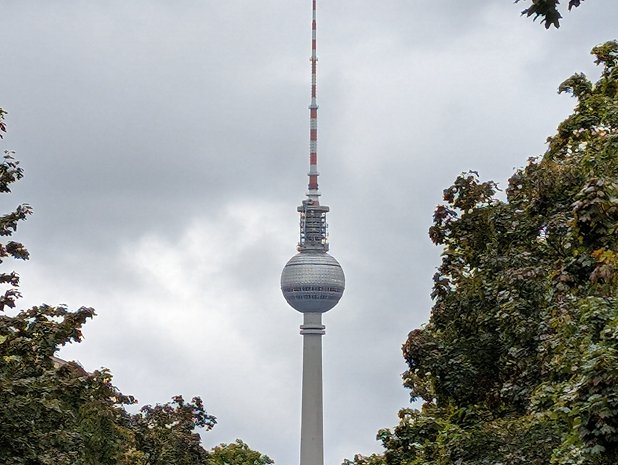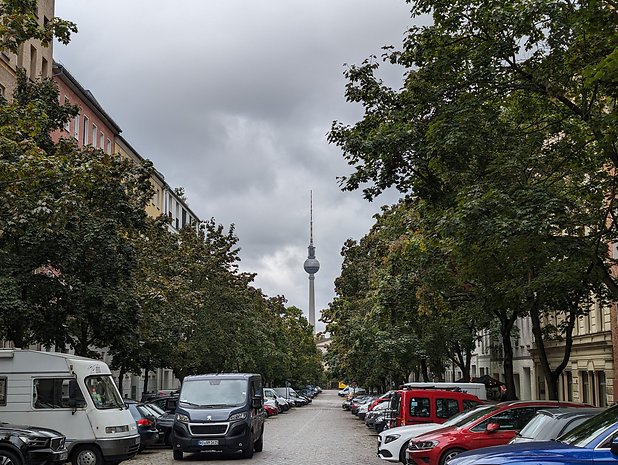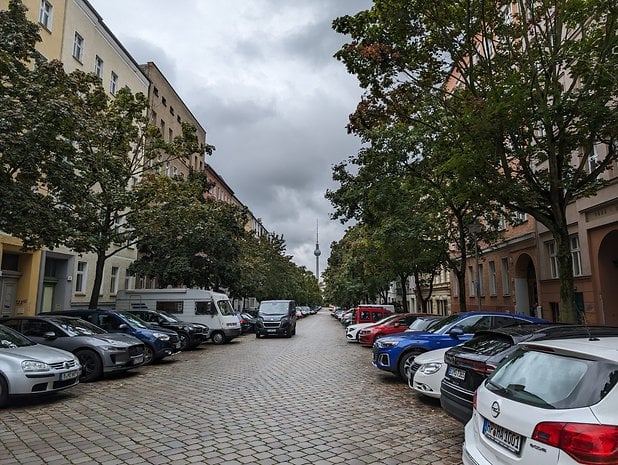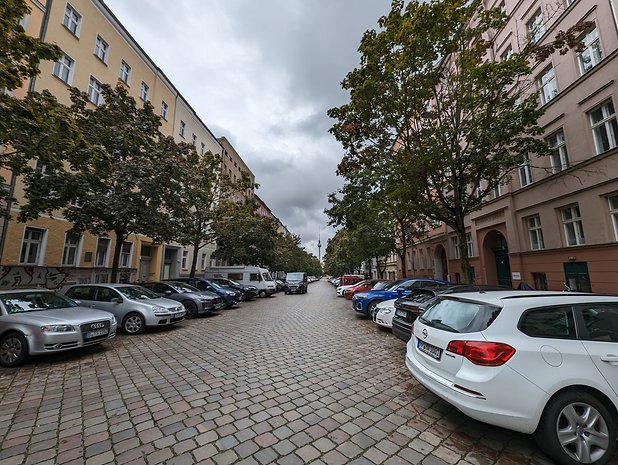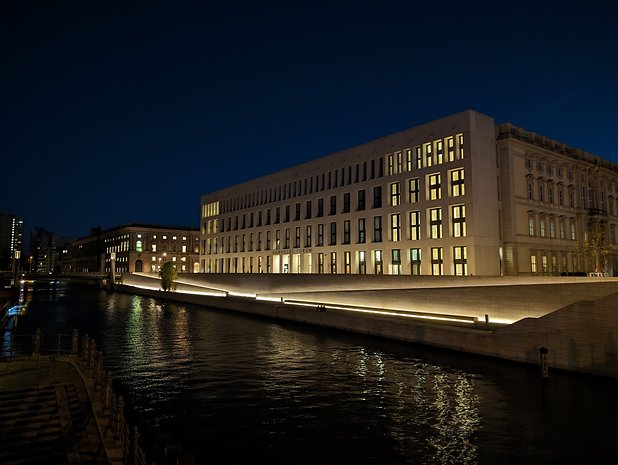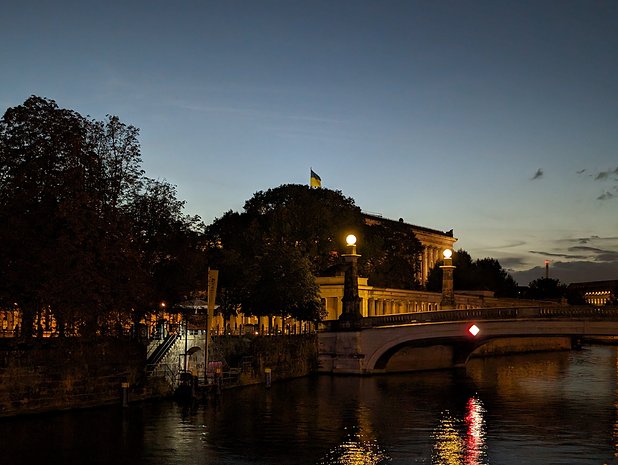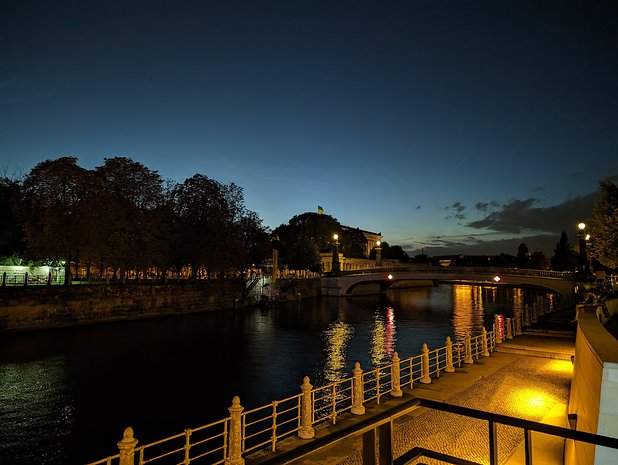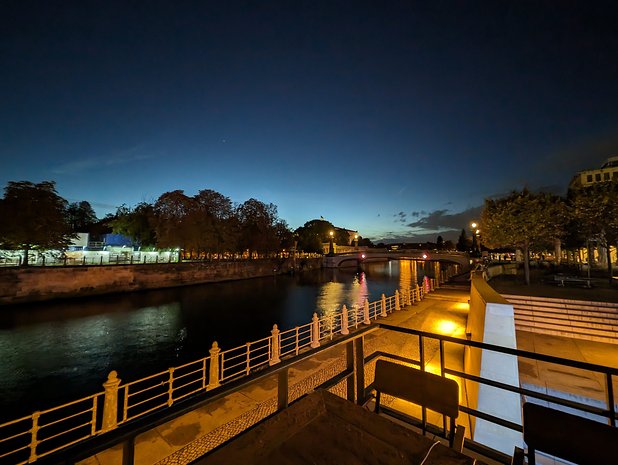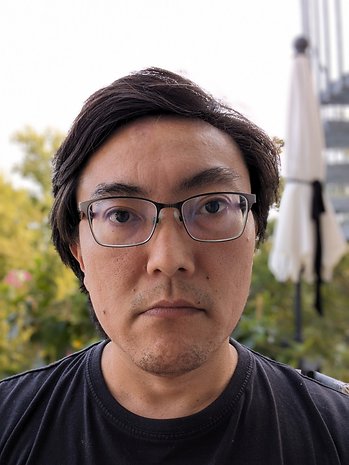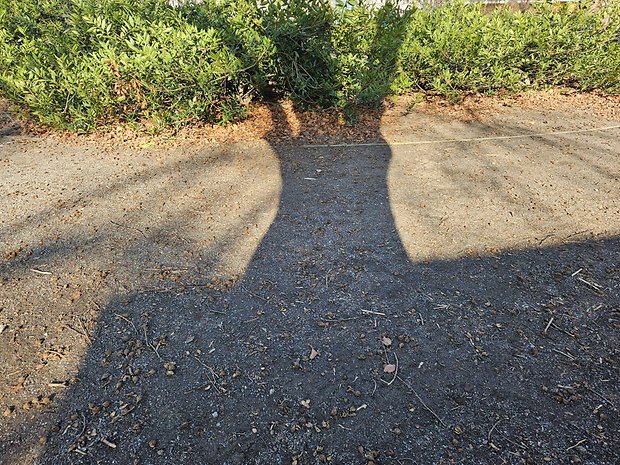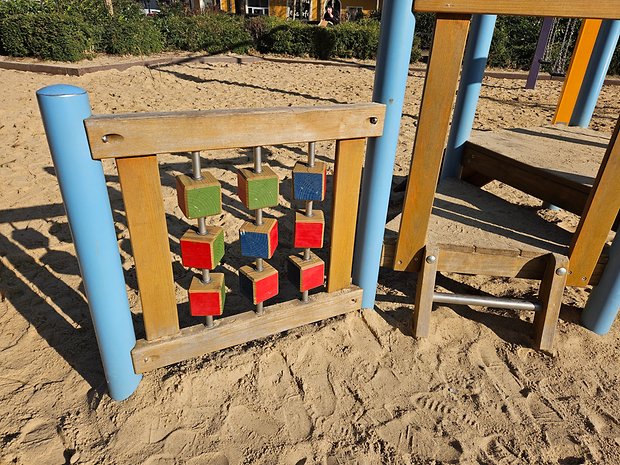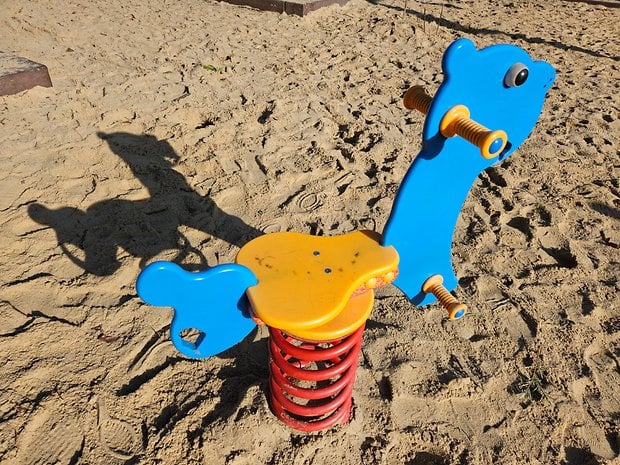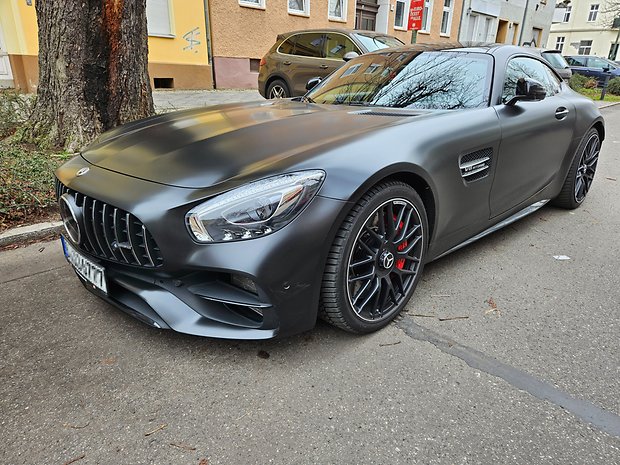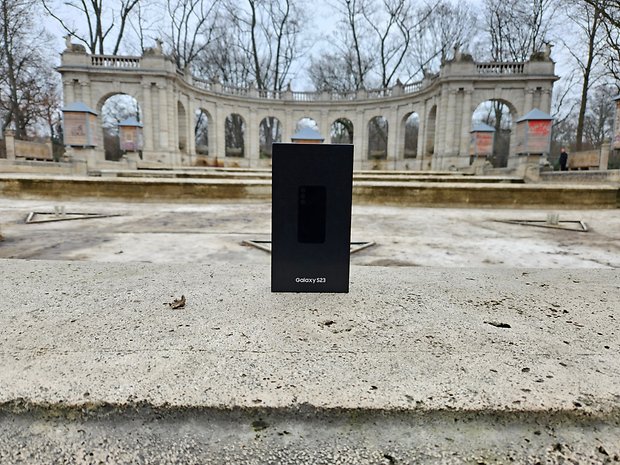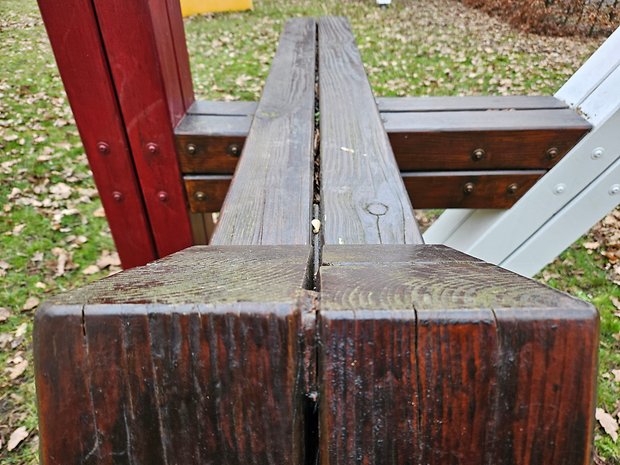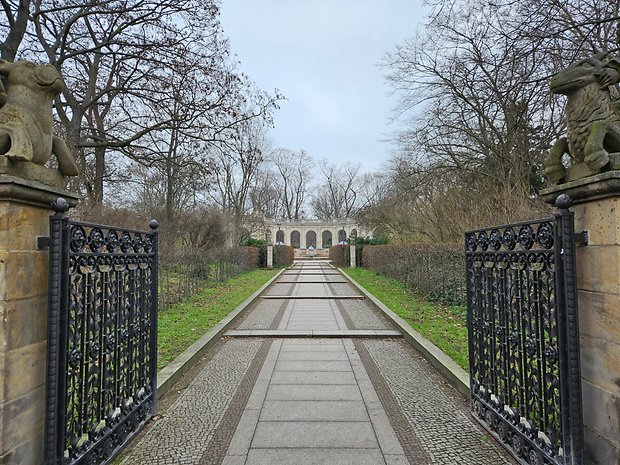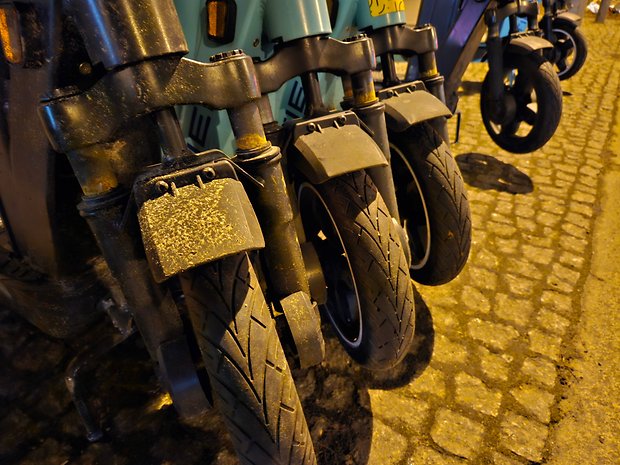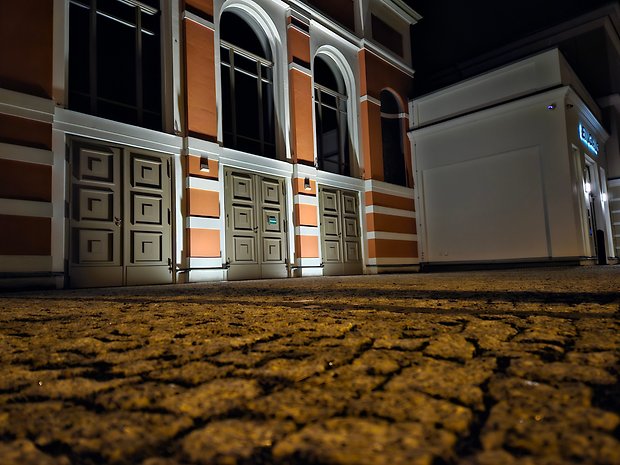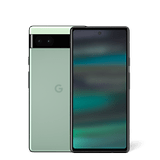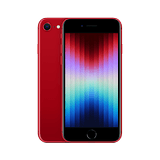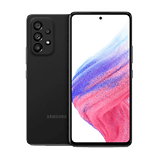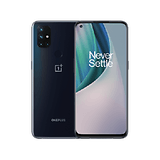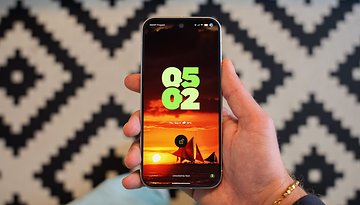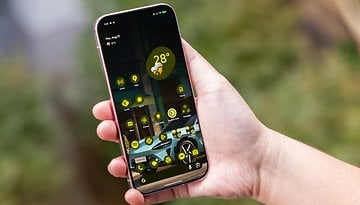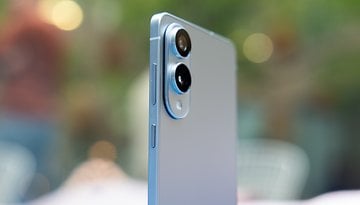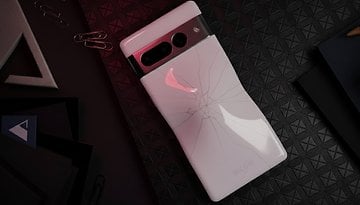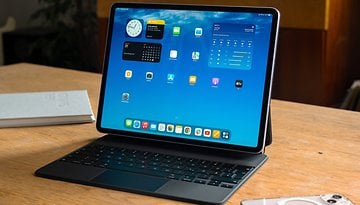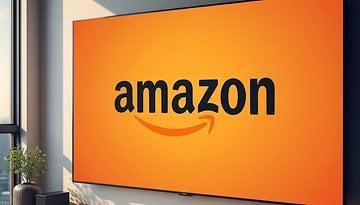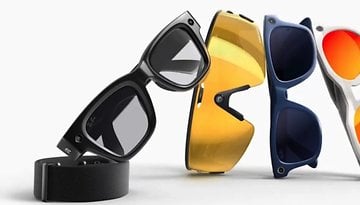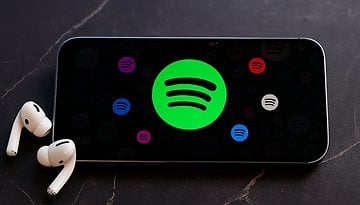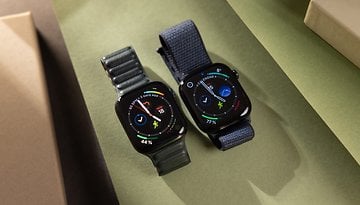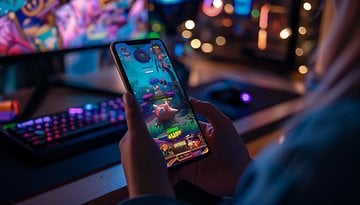Epic Duel: Samsung's Galaxy S23 vs. Google's Pixel 8 in the Spotlight
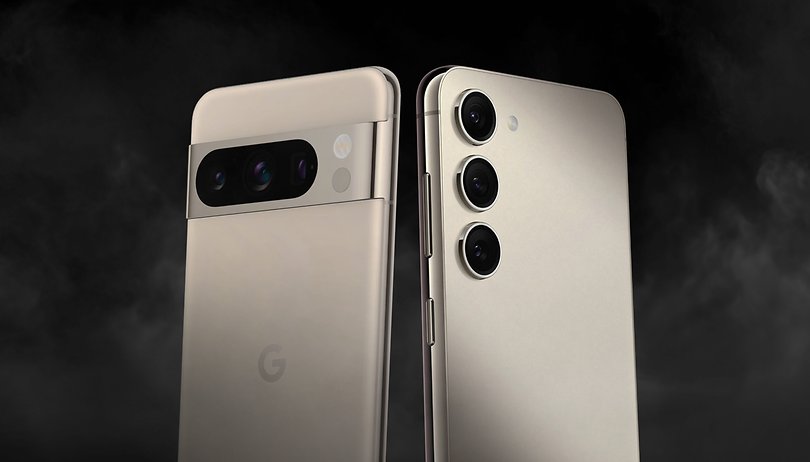

Looking to purchase a top-of-the-range smartphone and torn between the Pixel 8 and Galaxy S23? We have analyzed the design, performance, photo quality, and battery life of both Google's and Samsung's flagships to guide you on which one to choose.
We've had the opportunity to test both the Pixel 8 and Galaxy S23. Hence, we're presenting a comprehensive comparison based on our real-life testing experiences. This will enable you to make an informed decision about the high-end smartphone that's best suited for you. Let's begin by comparing the specifications of the Google Pixel 8 and Samsung Galaxy S23:
Google Pixel 8 and Galaxy S23: Key specifications compared
| Google's flagship | Samsung flagship | |
|---|---|---|
| Product | ||
| Suggested retail price | from $699 | from $799 |
| Image | 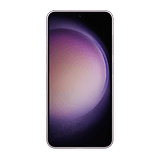 |
|
| Rating |
|
|
| Screen | 6.2" OLED "Actua" screen 2400 x 1080 pixels (428 ppi) 120 Hz refresh rate |
6.1-inch Dynamic AMOLED screen 2340 × 1080 (425 ppi) Refresh rates from 1 to 120 Hz |
| SoC | Google Tensor G3 Titan M2 security chip |
Qualcomm Snapdragon 8 Gen 2 for Galaxy |
| RAM | 8 GB LPDDR5x RAM | 8 GB LPDDR5x RAM |
| Memory | 128 GB / 256 GB UFS 3.1 storage | 128 GB UFS 3.1 storage / 256 GB UFS 4.0 storage |
| microSD | ❌ | ❌ |
| OS | Android 14 7 years of updates |
One UI 5.1 based on Android 13 5 years of updates |
| Main lens | 50 MP wide-angle lens with Octa PD Aperture: ƒ/1.68 Field of view: 82 Sensor size: 1/1.31". Super-resolution zoom: up to 8x |
50 MP wide-angle lens Aperture: ƒ/1.8 Field of view: 85°. Sensor size: 1/1.56". |
| Ultra wide angle / macro | 12 MP ultra-wide-angle lens with autofocus Aperture: ƒ/2.2 Field of view: 125.8 |
12 MP ultra-wide-angle lens Aperture: ƒ/12.2 Field of view: 120 |
| Telephoto lens | ❌ | 10 MP telephoto lens Aperture: ƒ/2.4 Field of view: 36 3x optical zoom |
| Selfie | 10.5 MP selfie lens with double PD Aperture: ƒ/2.2 Fixed focus Field of view: 95 |
12 MP selfie lens Aperture: ƒ/2.2 Field of view: 80 |
| Audio | Stereo, spatial audio | AKG-tuned stereo speaker 32-bit / 384 kHz |
| Battery | 4575 mAh | 3900 mAh |
| Recharge speed | 27 W | 25 W |
| Wireless recharging | 7,5 W | 15 W 4.5 W (reverse wireless charging) |
| Resistance | IP68 RESISTANCE | IP68 RESISTANCE |
| Connectivity | eSIM, 5G, Wi-Fi 7, NFC, Bluetooth 5.3, Google Cast | 5G, Wi-Fi 7, NFC, Bluetooth 5.3 |
| Colors | Obsidian, Pink and Hazel | Phantom Black, Cream, Green, Lavender, Graphite, Lime |
| Dimensions and weight | 150.5 × 70.8 × 8.9 mm, 187 g | 146.3 × 70.9 × 7.6 mm, 167 g |
| Offer |
Table of Contents:
- Google Pixel 8 vs Samsung Galaxy S23: Design and display
- Google Pixel 8 vs Samsung Galaxy S23: SoC and performance
- Google Pixel 8 vs Samsung Galaxy S23: Camera
- Google Pixel 8 vs Samsung Galaxy S23: Interface/OS
- Google Pixel 8 vs Samsung Pixel 8: Battery life and fast charging
- Google Pixel 8 vs Samsung Galaxy S23: Price and availability
- Conclusion
The Pixel 8 and Galaxy S23 have fairly similar technical specifications, as the table above shows. Let's take a closer look at which offers the best real-life experience.
Google Pixel 8 vs Samsung Galaxy S23: Design and display
The Pixel 8 and Galaxy S23 have distinct design differences. Google's smartphone features a rounded design with curved edges on the back and more pronounced rounded sides. In contrast, the Galaxy S23 presents a more straightforward appearance with completely flat front and back surfaces.
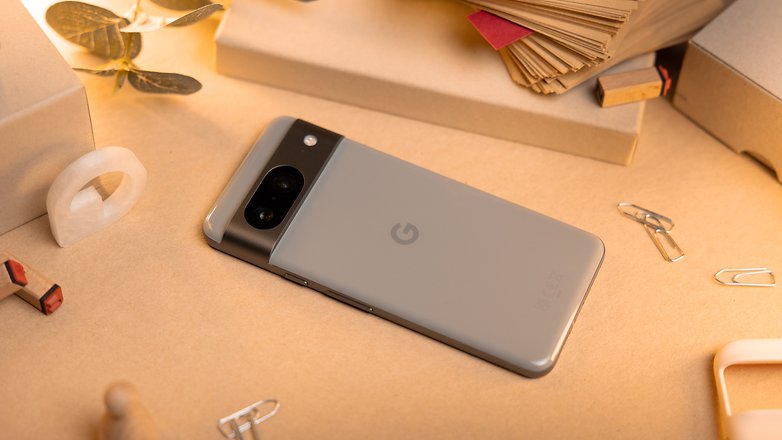
On the back of the Pixel 8, there's a visor-like bar housing the camera module, whereas on Samsung, the lenses are individually placed and emerge directly from the back without an island. In terms of dimensions, the Pixel 8 is slightly longer, thicker and just a tad thicker than the Galaxy S23. The Pixel 8 is also heavier than the Galaxy S23, weighing in at 187g versus 167g.
- Also read: Google Pixel 7a vs Galaxy A54
Google has equipped its Pixel 8 with a 6.2-inch "Actua Display" OLED screen with a resolution of 2400 × 1080 pixels (FHD+, 428 dpi), a maximum brightness of 2000 Nits and a refresh rate of 120 Hz.
For its part, the Galaxy S23 has a 6.1-inch Dynamic AMOLED panel with a resolution of 2340 × 1080 pixels (FHD+, 425 dpi), a maximum brightness of 1750 Nits and a refresh rate of 120 Hz.
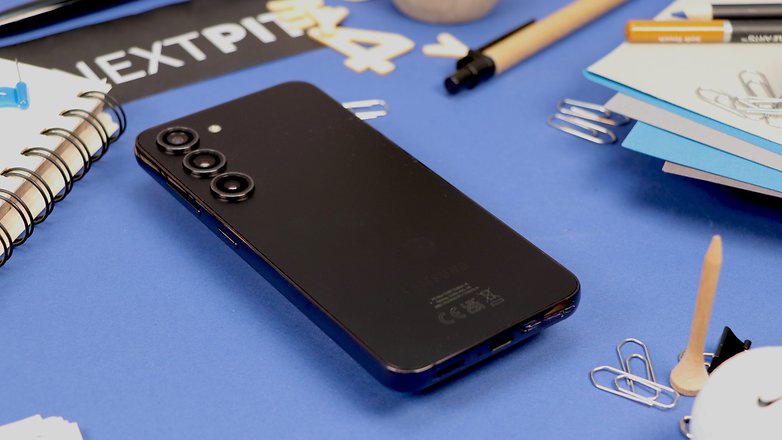
For protection, the Pixel 8 is covered with Gorilla Glass Victus, compared with Gorilla Glass Victus 2 2 for the Galaxy S23, and both models are IP68-certified against water and dust. The Pixel 8 comes in Obsidian, Pink and Hazel, while the Galaxy S23 is available in Phantom Black, Cream, Green, Lavender, Graphite and Lime.
Google Pixel 8 vs Samsung Galaxy S23: SoC and performance
The Pixel 8 is equipped with the new Tensor G3 SoC. This is backed by 8 GB of LPDDR5x RAM and 128 or 256 GB of UFS 3.1 storage. The Galaxy S23 features a special overclocked version of the Snapdragon 8 Gen 2 with 8 GB of RAM, 8 GB of LPDDR5x RAM and 128 GB of UFS 3.1 or 256 GB of UFS 4.0 storage.
For the Galaxy S23, we'll be talking about the 128GB version with USF 3.1 storage, which is the one we tested. Both smartphones offer excellent day-to-day performance, but the Galaxy S23 is clearly the better performer. We subjected both smartphones to our usual benchmarks, and you can see the results in the table below:
| Pixel 8 (Tensor G3) |
Galaxy S23 (Snapdragon 8 Gen 2 for Galaxy) |
|
|---|---|---|
| 3DMark Wild Life Stress test |
|
|
| Geekbench 5/6 |
|
|
As mentioned above, the Pixel 8 and Galaxy S23 both perform very well, whether in games or productivity applications. Google's smartphone may be less powerful, but its performance is less constrained by overheating than that of the Galaxy S23. The difference in temperature management is illustrated in the following two images:
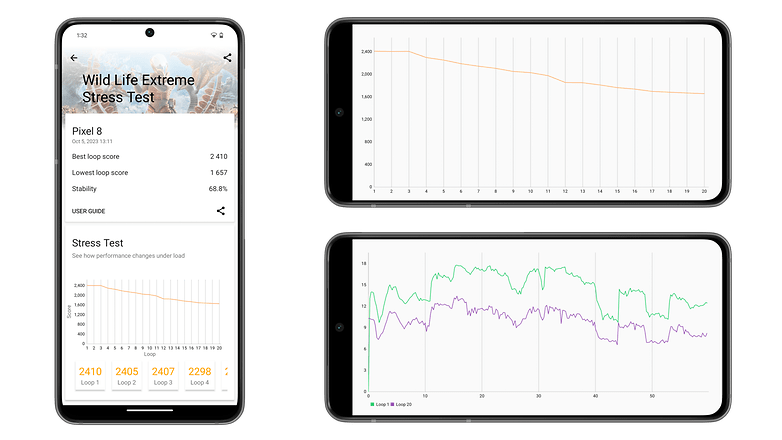
As for connectivity, both smartphones are equipped with an NFC chip, Bluetooth 5.3 and Wi-Fi 7.
Google Pixel 8 vs Galaxy S23: Camera
Two lenses versus three, the balance seems to tip in favor of the Galaxy S23 by default. However, Google is banking on its secret weapon to stand up to other flagships with better hardware configurations.
Before going into detail, it's worth noting that the Pixel 8 is equipped with a dual camera module comprising a wide-angle lens and an ultra-wide-angle lens, each with 50 MP.
The Galaxy S23 has a triple photo module comprising a 50 MP wide-angle lens, a 12 MP ultra-wide-angle lens and a 10 MP x3 telephoto lens. Google has integrated a 10.5 MP selfie lens, compared with Samsung's 10 MP.
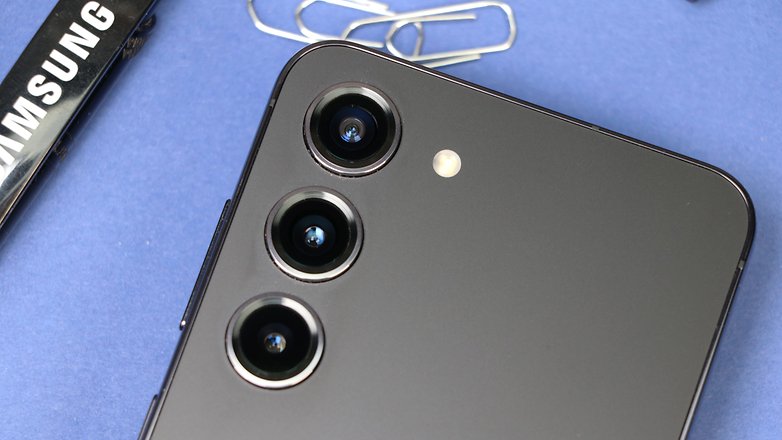
The Google Pixel 8 and Samsung Galaxy S23 are both excellent photo smartphones. The Pixel 8's photos are excellent, especially on the main lens. You'll get sharp, well-defined images day and night.
The x2 zoom also produces acceptable images. Colors, however, still have that "pop" intended for the social networking generation and are generally more saturated than the real scene.
The AI features used during image post-processing in the Camera app help to make the Pixel 8's photos look fantastic. Apart from that, selfies are also good. Google also offers a whole array of machine learning effects that can be applied in the Google Photos app, such as magic eraser, blur, portrait, pop of color, and more.
However, you'll have to contend with slightly oversaturated colors and ultra-wide-angle photos that aren't great in low light.
As for the Galaxy S23, photo quality is just as good, thanks in particular to the main lens, which proves convincing in all light conditions. The smartphone pulled off a real tour de force, taking beautiful night shots even on gray winter days during its test period.
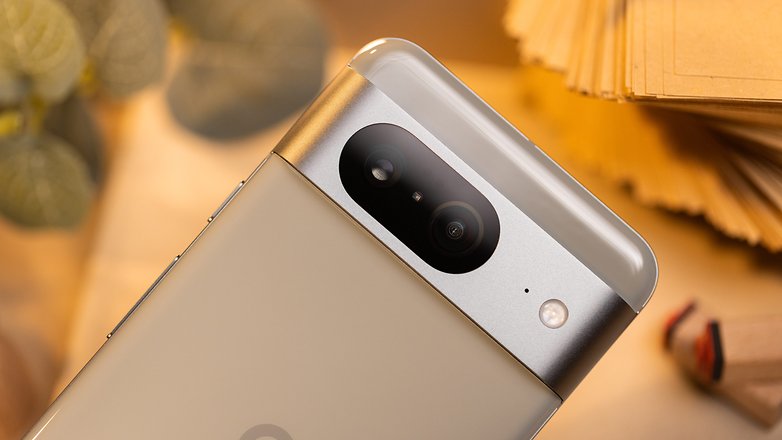
We were surprised by the quality of the zoom because even with the x10, photos are satisfyingly sharp and contrasted. The selfie lens is also convincing, and even the x30 zoom makes it possible to recognize the objects photographed. Samsung also has its share of special functions, such as astrophotography (Hyperlapse), the Expert-RAW function, the Image Clipper function and an array of color filters.
The only real shortcoming of the Galaxy S23 is the color difference between the main lens and the ultra-wide-angle lens. The Pixel 8 shoots in 4K at up to 60 fps, while the Galaxy S23 can shoot in 8K at 30 fps. You can get an idea of the photo quality of the two smartphones via the following galleries, which contain our test images:
Photos taken with the Google Pixel 8
Photos taken with the Samsung Galaxy S23
Google Pixel 8 vs Galaxy S23: Interface/OS
When it comes to OS, there are two entirely different worlds in conflict. On the one hand, Android in its purest state with the Pixel 8, and on the other, a highly personalized and customizable interface with the Galaxy S23. The Pixel 8 runs Android 14, while the Galaxy S23 was launched with Android 13-based One UI 5, but should soon receive the Android 14-based One UI 6 update.
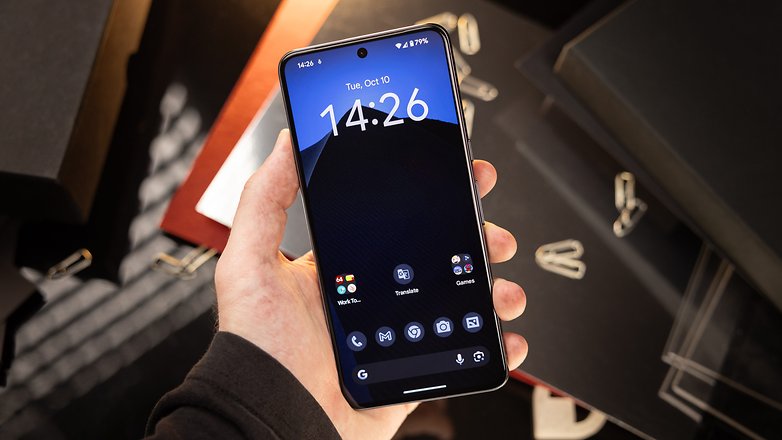
Interface design is obviously a matter of taste, but Google's is more to your liking if you're into sobriety, whereas Samsung's One UI is brighter and more colorful.
In terms of update policy, Google is now doing better than Samsung, promising 7 years of software maintenance versus 5 years for Samsung. In both cases, you'll be able to keep your smartphone for a very long time, but with its 2 years more, the Pixel 8 wins this round.
Also, the Pixel 8 fits into a now more complete ecosystem with the Pixel Watch 2 (review) and the Pixel Tablet (review) just like the Galaxy S23 with the Galaxy Watch 6 Classic (review) and the Galaxy Tab S9.
Google Pixel 8 vs Pixel 8: Battery life and recharging
On paper, the Pixel 8 has the advantage with its 4575 mAh battery versus 3900 mAh for the Galaxy S23. With its 30W fast charging, Google's flagship also does better than Samsung's, which is limited to 25W.
- See also our guide to the effects of fast charging on our smartphones.
Both models offer wireless charging, but here too the Pixel 8 comes out on top with its 18 W Qi charging compared with 15 W for the Galaxy S23. In both cases, you can take advantage of reverse wireless charging.
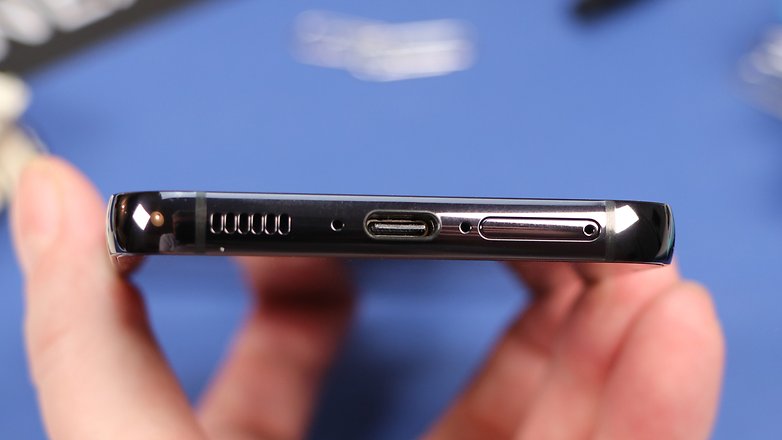
In fact, we subjected both our rivals to our PC Mark battery benchmark, and the figures clearly confirm the Pixel 8's superiority. It lasted 17 hours and 49 minutes, while the Galaxy S23 lasted 13 hours and 44 minutes. Both smartphones offer good battery life, easily reaching two days, but the Pixel 8 will last longer than the Galaxy S23.
In any case, you'll need to buy a compatible charger, as neither Google nor Samsung provides one in the box.
Google Pixel 8 vs Galaxy S23: Price and availability
The Pixel 8 has the advantage of having been launched at $699, compared with $799 for the S23. While at first glance it may seem like a better deal, it's worth remembering that the Galaxy S23 has been on the market for several months now, and its price has had time to come down.
It can currently be found for $799 on the Samsung store, which puts it on a par with the Pixel 8. Both smartphones are available from the manufacturers' official stores, and from all major online retailers and phone operators.
| Google Pixel 8 | Samsung Galaxy S23 | |
|---|---|---|
| 128 GB |
|
|
| 256 GB |
|
|
Conclusion
In conclusion, except for the points where the choice is really a matter of taste, the Pixel 8 and Galaxy S23 are both clear winners in their respective categories. The Pixel 8 offers a slightly larger screen and therefore better resolution, better brightness, a better update policy, better autonomy with faster recharging and is less expensive.
So the Galaxy S23 really only stands out for its better performance. As mentioned above, the choice also depends on personal preference, and I have to say that I prefer the more original design, photo rendering and cleaner user interface of the Pixel 8.
The Galaxy S23 is still an excellent smartphone, especially if you find it with an interesting promotion, but for all the advantages it offers, I can't help but recommend you opt for the Pixel 8.
What about you? Do you prefer the Pixel 8 or the Galaxy S23? Why or why not? Which smartphone are you currently using?
